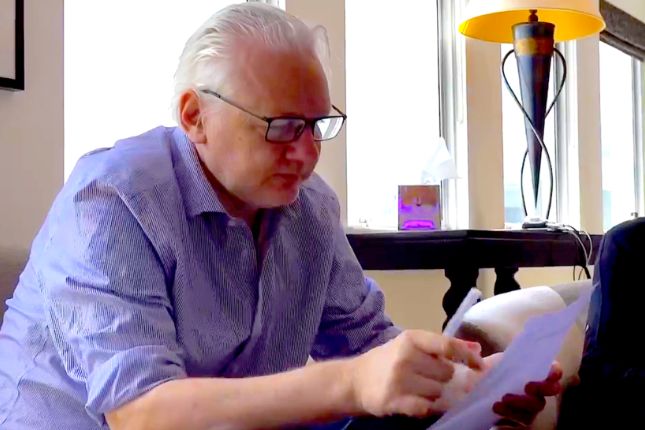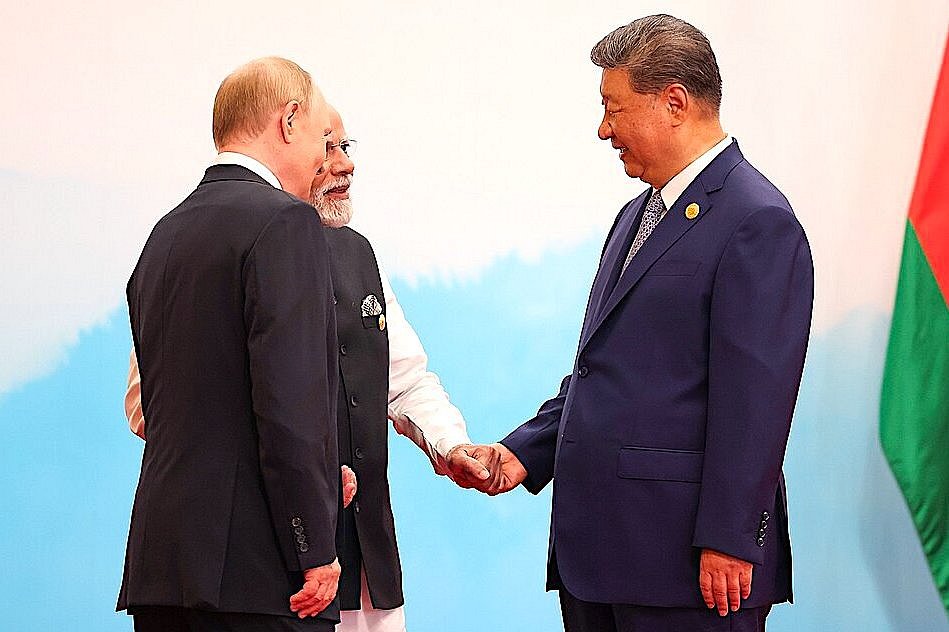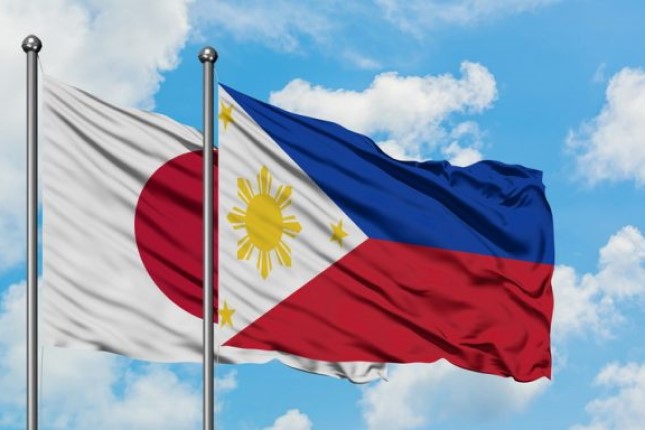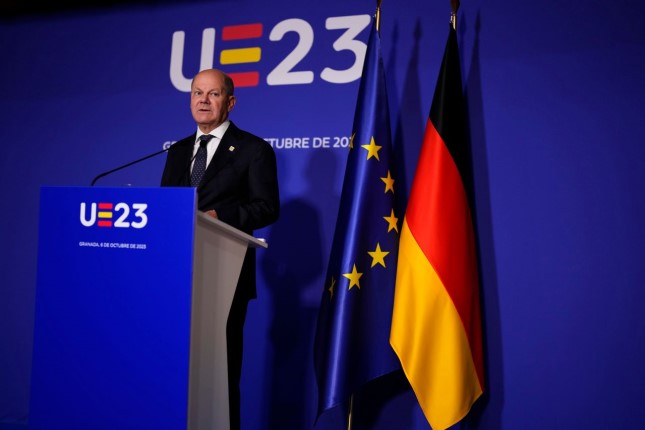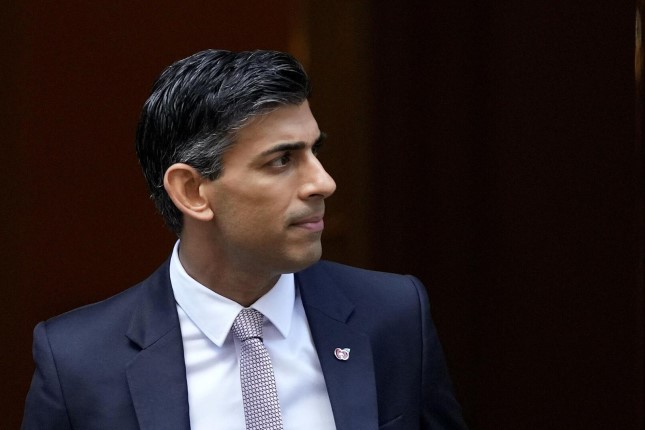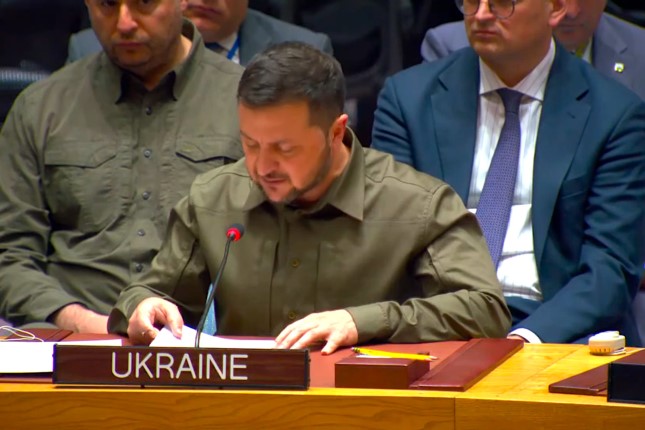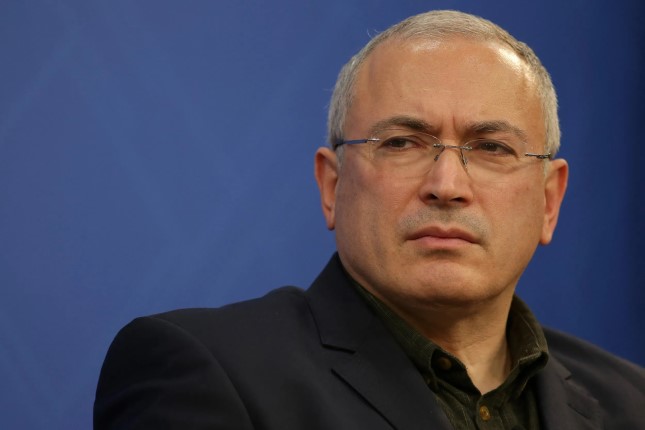WikiLeaks publisher Julian Assange, who was released from prison in June, will address the Council of Europe in Strasbourg, France on Oct. 1 after he was granted Status as a Political Prisoner by a rapporteur of the Parliamentary Assembly of the Council of Europe (PACE), WikiLeaks said today.
It will be the first time Assange will speak in public since his hearing in U.S. federal court on the North Mariana islands in June, at which he was granted his release after a plea deal.
Assange will give evidence before the Committee on Legal Affairs and Human Rights of the Parliamentary Assembly of the Council of Europe (PACE), which will meet from 8.30am to 10am at the Palace of Europe, WikiLeaks said.
It follows the PACE inquiry report into Assange’s case, written by Rapporteur Thórhildur Sunna Ævarsdóttir.
“The report focuses on the implications of his detention and its broader effects on human rights, in particular freedom of journalism,” WikiLeaks said in a press release published on X. “The report confirms that Assange qualifies as a political prisoner and calls on the UK [to] conduct an independent review into whether he was exposed to inhuman or degrading treatment.”
Ævarsdóttir called Assange’s case a “high profile example of transnational repression.” Her report “discusses how governments employ both legal and extralegal measures to suppress dissent across borders, which poses significant threats to press freedom and human rights,” said WikiLeaks.
Still Recovering
Assange is “still in recovery following his release from prison,” it said. He will travel to France because of “the exceptional nature of the invitation and to embrace the support received from PACE and its delegates over the past years”
While he was in prison PACE advocated “repeatedly” for his release, WikiLeaks said.
The hearing at which he will speak will also consider the findings that Assange’s imprisonment was “politically motivated,” it said.
The PACE committee said earlier this month in a statement that: “… the failure of the competent US authorities to prosecute the alleged perpetrators of war crimes and human rights violations committed by US state agents, combined with the harsh treatment of Mr Assange and Ms [Chelsea] Manning, ‘creates a perception that the United States government’s purpose in prosecuting Mr Assange was to hide the wrongdoing of state agents rather than to protect national security.’ … Assange’s harsh treatment, particularly his unprecedented conviction under the Espionage Act, also ‘creates a dangerous chilling effect and a climate of self-censorship affecting all journalists, publishers and others’, according to the committee, severely undermining the protection of journalists and whistleblowers around the world. It urged the US, a Council of Europe observer state, to “urgently reform” the 1917 Espionage Act to exclude its application to publishers, journalists and whistleblowers who disclose classified information with the intent to raise public awareness about serious crimes.”
Photo: Assange discussing the plea deal with his lawyer Gareth Pierce in June © WikiLeaks via X.
Source: Consortium News.
